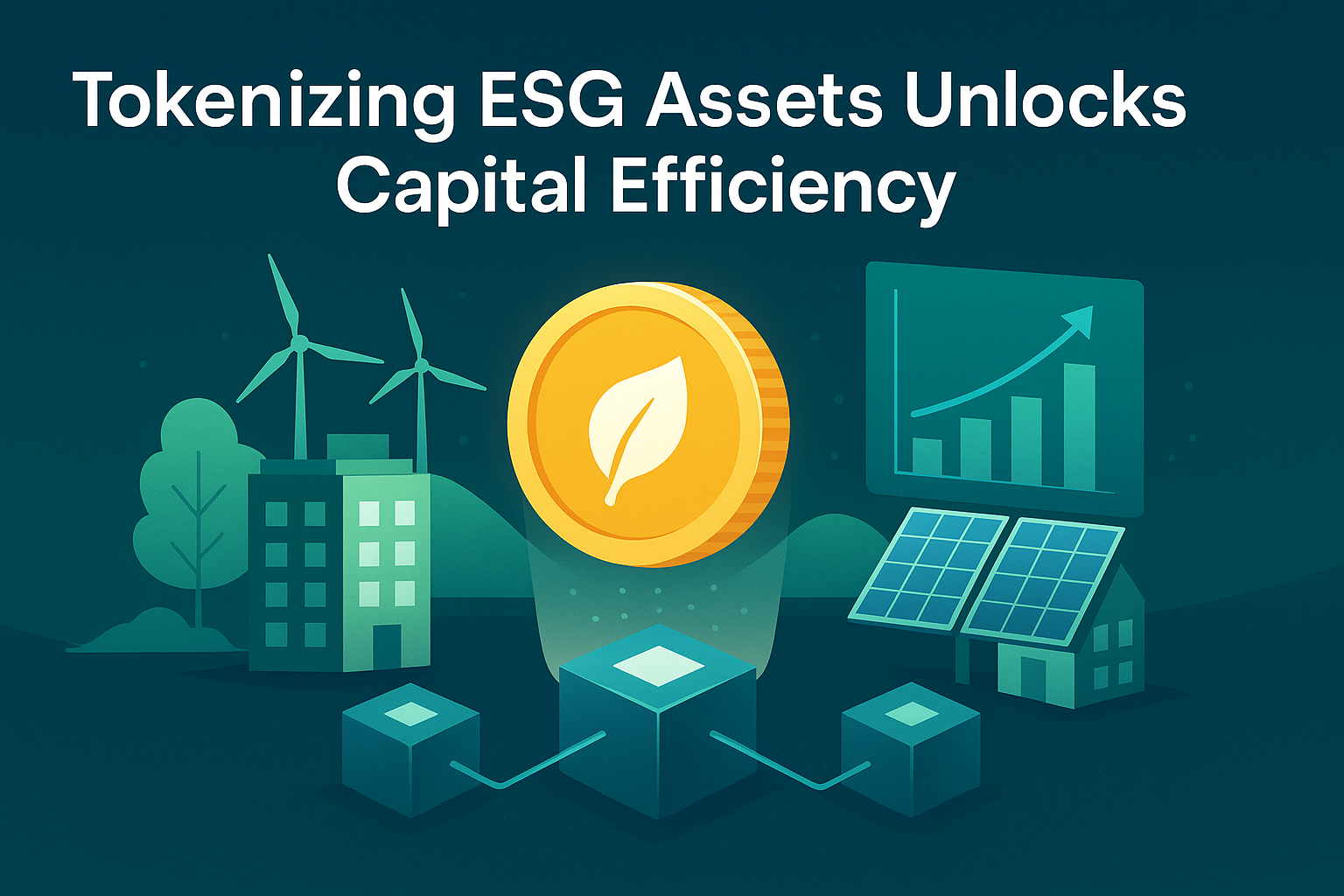In a rapidly evolving financial landscape, the integration of blockchain technology into traditional sectors continues to accelerate — and one of the most promising areas is real estate. According to a recent Deloitte Italia report, tokenized private real estate funds are projected to reach a staggering $1 trillion in market value by 2035. This bold forecast underscores the disruptive potential of blockchain in reshaping how property is owned, traded, and managed.
The Rise of Tokenized Real Estate
Tokenization refers to the process of converting ownership rights in an asset into digital tokens on a blockchain. In the case of real estate, this means breaking down a physical property — or a share in a fund — into smaller, tradable digital units. These tokens can then be bought, sold, or traded on digital asset platforms, often with far greater liquidity and fewer intermediaries than traditional property transactions allow.
What makes this approach particularly attractive is its potential to democratize access to real estate investment. Rather than requiring large capital outlays, investors can now participate in lucrative property markets with smaller amounts of capital. This opens the door to wider participation, especially from retail investors and those in emerging markets.
Why Deloitte Believes in the $1 Trillion Trajectory
Deloitte’s projection is grounded in several market drivers:
-
Blockchain Maturity: The technology has matured significantly since the 2017-2018 boom, with institutional-grade platforms now supporting real asset tokenization securely and at scale.
-
Increased Regulatory Clarity: Governments and regulatory bodies in Europe, the UAE, Singapore, and parts of the U.S. have begun to clarify the legal frameworks surrounding digital assets, providing a more stable environment for real estate tokenization to thrive.
-
Growing Demand for Alternative Investments: As traditional markets become more volatile, investors are actively seeking alternative asset classes — and real estate remains one of the most stable and attractive sectors. Tokenized formats make it even more appealing.
-
Operational Efficiency: Blockchain reduces transaction costs, automates compliance, and accelerates settlement times. This has a direct impact on the bottom line for real estate managers and fund operators.
Use Cases Already in Motion
Several companies and platforms have already launched successful tokenized real estate products:
-
RealT in the U.S. offers fractional ownership in single-family rental properties.
-
BrickMark in Switzerland tokenized a portion of a commercial property on Zurich’s Bahnhofstrasse.
-
RedSwan CRE provides institutional-grade commercial real estate investments via tokens.
Each of these projects demonstrates how blockchain can not only digitize real assets but also provide real-time valuation, transparent ownership records, and automated income distribution — all of which reduce friction and risk.
Looking Ahead: A New Era of Real Estate Investing
If Deloitte’s $1 trillion forecast comes to fruition, tokenized real estate won’t just be a niche experiment — it will become a mainstream pillar of the global investment ecosystem. For developers, fund managers, and investors alike, this transformation means greater access, lower costs, faster transactions, and potentially more stable portfolios.
But to get there, collaboration will be key. Real estate firms must work with blockchain platforms, regulators, and financial institutions to build trusted, compliant, and scalable ecosystems. Education and awareness will also play a vital role in encouraging adoption beyond tech-savvy circles.
Tokenized real estate is no longer a futuristic concept — it’s an emerging reality backed by some of the world’s largest consultancies and investment players. As Deloitte Italia’s research shows, the sector holds immense promise for reshaping global property investment, unlocking capital, and driving innovation. The $1 trillion horizon by 2035 may not just be possible — it may be inevitable.
Keywords: tokenized real estate, blockchain, Deloitte, digital assets, property investment, $1 trillion market, fractional ownership, real estate tokenization, tokenized funds, real estate innovation.




